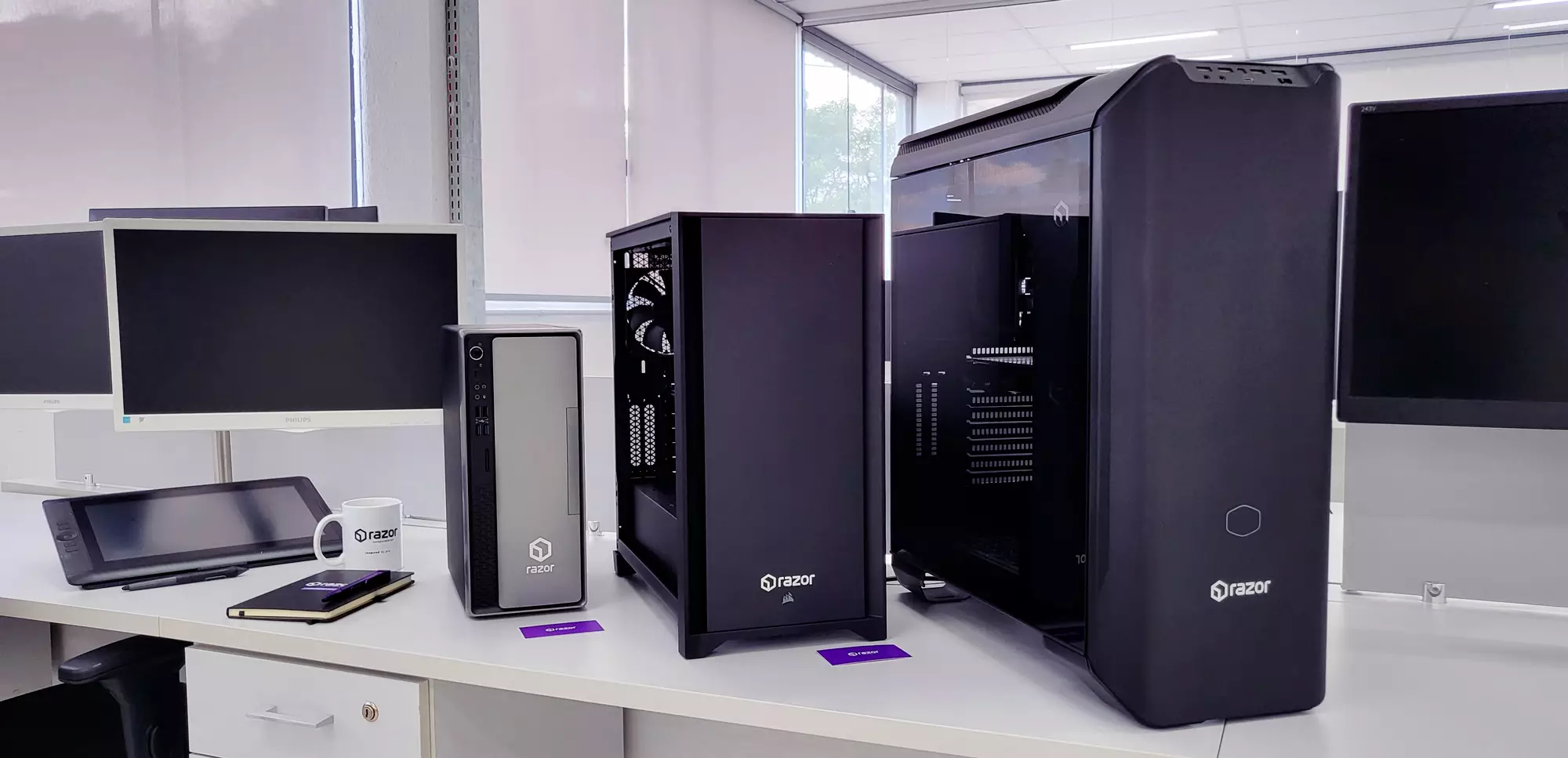
Essa notícia está disponível em português
Did you think that there would be no new unicorns announced in Brazil amid the current venture capital market’s downturn? Well, you were sorely mistaken. São-Paulo based Dock (formerly Conductor), a Brazilian veteran in the financial services segment for fintechs and other companies has just joined the group of mythical creatures. The company recently raised $110 million in a round led by Lightrock and Silver Lake, backed by formerly investors Riverwood Capital, Viking Global Investors, and Sunley House Capital. The company also has Visa as one of its main shareholders.
With the investment, the fintech is now valued at US$ 1.5 billion, which makes Dock the fifth Latin American company to reach the unicorn status in 2022. Also on the list are Neon, Technisys, Betterfly, and Habi, a Colombian proptech that also announced its “unicornization” this week.
As highlighted by Dock in a press statement, the funds will be used to accelerate the company’s product development roadmap and international expansion, as well as to hire new talent. The company already has operations in Mexico, after the purchase of local startup Cacao on December 2021. In addition, Dock has clients in markets such as Colombia and Peru.
According to CEO Antônio Soares, the funding is “just the beginning” for the startup, as it validates the company’s vision of bringing great solutions that solve real business problems to customers while increasing and democratizing access to financial services.
“We add value because payments and banking are complex global businesses with local specificities, and we understand that better than anyone else,” he points out. Soares adds that Dock will focus on services such as embedded finance (financial services offered by clients that are not part of the sector) as an expansion vector.

It’s been a long road
Dock‘s current business model operates since 2021 – when the company merged with Muxi and Conductor. However, Dock can be considered a pioneer of digital financial services in Brazil. Conductor has been a player in the segment for over 20 years, and was purchased by Riverwood in 2014. In 2018 it launched its banking as a service product.
Antonio Soares has worked at Dock since 2012, following previous roles at technology and consulting company Accenture, where he worked for years as an executive in the financial services division.
Currently, Dock has over 300 clients, including fintechs such as C6 and Neon. The company also provides financial services to brands in other segments, such as Brazilian brewing company Ambev and retailers Lojas Renner and Pernambucanas. In 2021, Dock had a revenue of over $90 million, with more than 65 million active digital accounts.
A crowded market
Dock‘s $110 million funding is part of an intense movement whereby funds are placing their bets on the BaaS segment in Latin America. In the past year, several local fintechs raised money to boost their solutions focused on provinding outsourcing banking services infrastructure to other fintechs, crypto players, companies from other sectors, and embedded finance.
In October last year, Brazilian firm Swap raised $25 million in a round led by Tiger Global. In the same month, Argentine fintech Pomelo closed a $35 million round also led by Tiger. Moreover, Hash announced its series C in October – a $40 million round led by QED and Kaszek. More recently, in April, the open finance platform Celcoin raised $17 million with Innova Capital.
With Dock‘s funding – which is more than double the average amount raised by other startups – we will see how the competition intensifies in the coming months. Here at Startups we are already making popcorn to see how the story unfolds.
(translation by Gabriela Del Carmen, editing by Angelica Mari)







